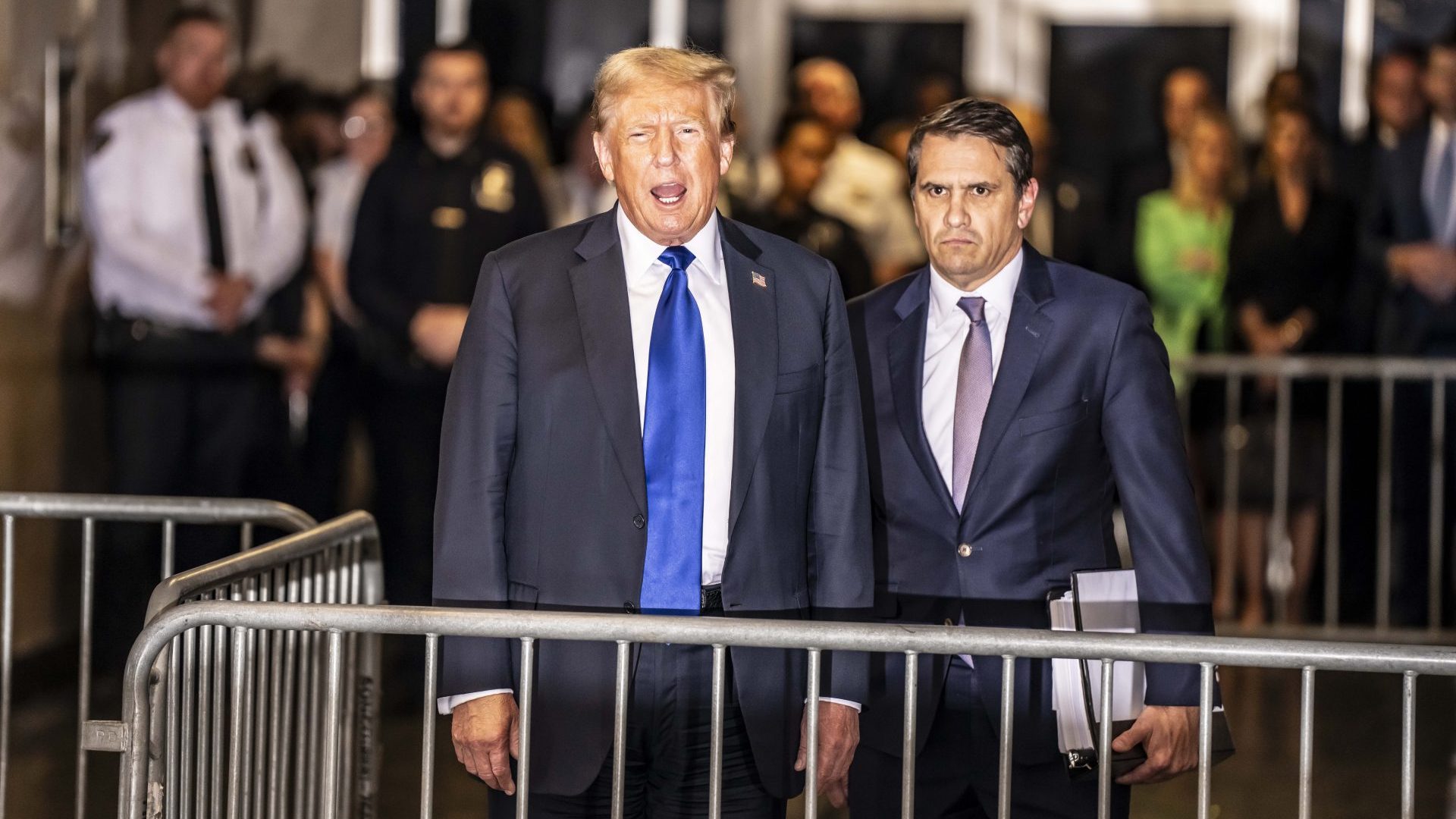Despite the chequered records of the 45 men who have been the president of the United States, Donald Trump managed to make history on 30 May 2024 – becoming the first man who had held that high office to be convicted of a felony. To make sure that record is likely to hold for quite some time, he was convicted of 34 separate counts of criminality in one go.
So far as America is concerned, Donald Trump is completely off the charts and outside the norm. But while Trump and the Republicans might not like the comparison, there is something distinctly European about convicting political leaders.
In multiple European countries, being in politics and being in the dock seem to run together quite frequently. Former French president Nicolas Sarkozy was convicted of corruption and wiretapping over an attempted payment of a bribe to a judge in 2021, and was sentenced to prison – though has yet to serve a day of the sentence.
His prime minister Francois Fillon was similarly sentenced to prison in 2020 (though had the sentence reduced somewhat later) for a separate case involving fraud and the misuse of public funds.
Christine Lagard, who had been France’s economic minister, was convicted for negligence in public office while serving as the managing director of the IMF – and it did not interfere with completing her term. Jacques Chirac, president of France in the 2000s, was convicted on corruption charges. Politics and the courts are never, it seems, that far apart in France.
Italy’s recent history is if anything even more remarkable: at various times, former prime minister Silvio Berlusconi was convicted of having paid an underage girl for sex, with additional charges relating to misusing his public office to have her released from police custody, and witness tampering charges in those cases. Separately, he was convicted over wiretapping and in a third case for tax fraud related to his business dealings.
After several of those convictions, Berlusconi still managed to play a significant role in Italian politics, though more as a kingmaker than a king himself – though as recently as 2022 he represented his nation in the European Parliament.
Not every convicted politician is as lucky as Berlusconi (or even Sarkozy) – especially in the EU’s more recent accession states, where more than one former head of state or head of government is currently serving their sentence in prison. Sometimes a conviction ends careers – it’s just far from a given.
On paper at least, the US far more closely resembles the UK, in that major criminal prosecutions of senior politicians are rare – and convictions (beyond a Covid fine or two) of former heads of government have not happened: no UK prime minister has been convicted of a crime and jailed.
It seems likely that if a UK prime minister did go to jail, it would spell the end of their political career – but the US shows us that is not a given. No president had been convicted of a felony before Donald Trump, but Republicans had rallied around him within minutes of the 34 guilty verdicts. For all Trump complains about an unfair trial, he was convicted by twelve of his peers, not a liberal judge.
But he will spend no time in the wilderness or pretending to reform: Trump’s sentencing is scheduled for 11 July, and four days later the Republican Convention will assemble to formally select him as the party’s presidential candidate.
Donald Trump made history on 30 May as the first former president to become a convicted felon. He could easily still make history again on 4 November as the first convicted felon to be elected to the office of president. That would be even more European than Europe.










